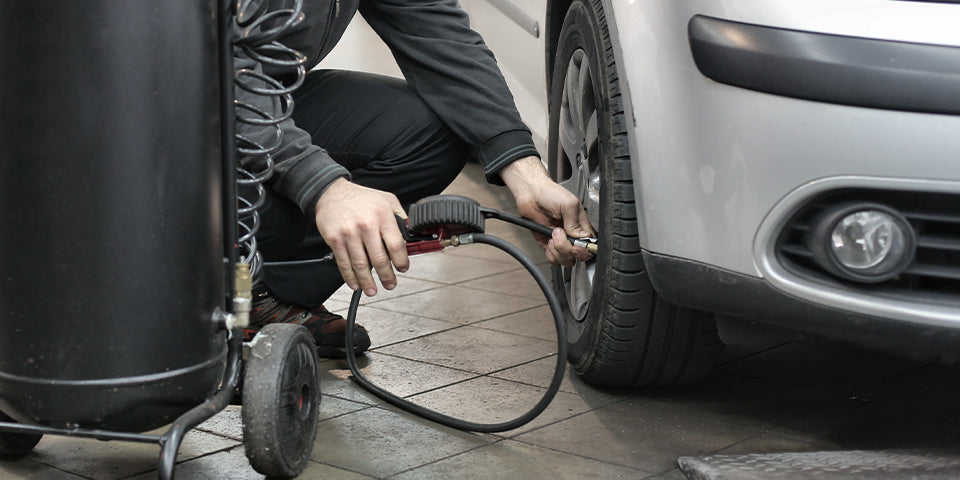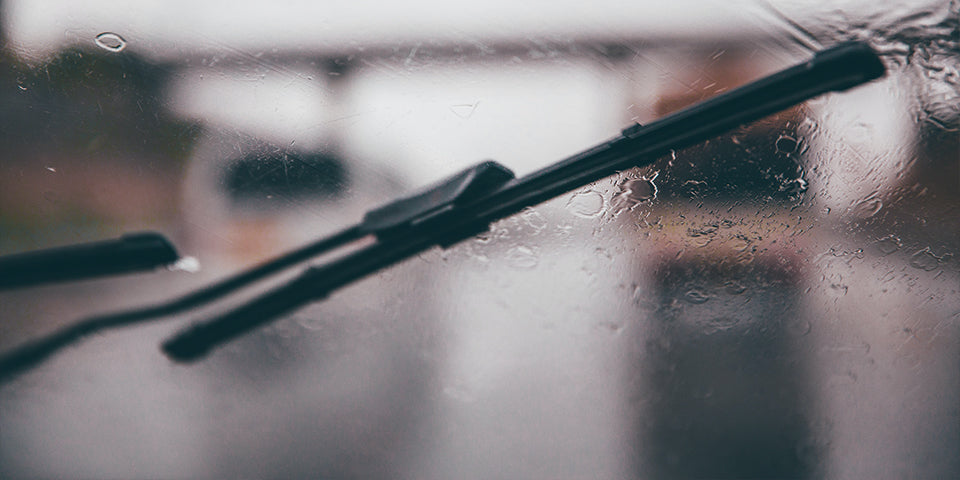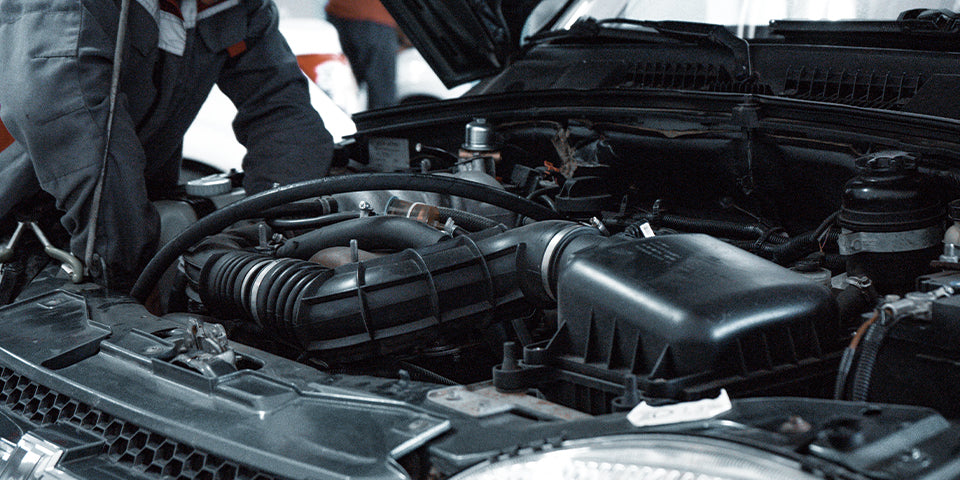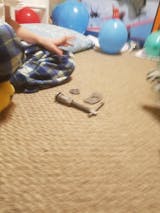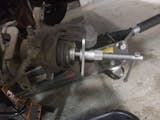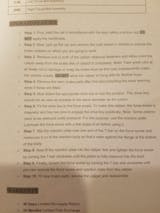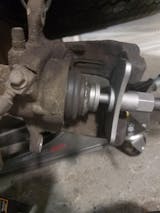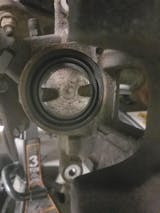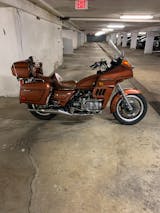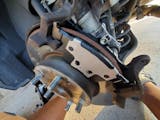Summer is almost here and you, like many others, are probably planning a summer road trip. You may have planned your destination, route and booked your hotel, but have you checked your car? Summer is not just about sunshine and comfort; the heat and UV rays that summer brings can take a toll on your car.
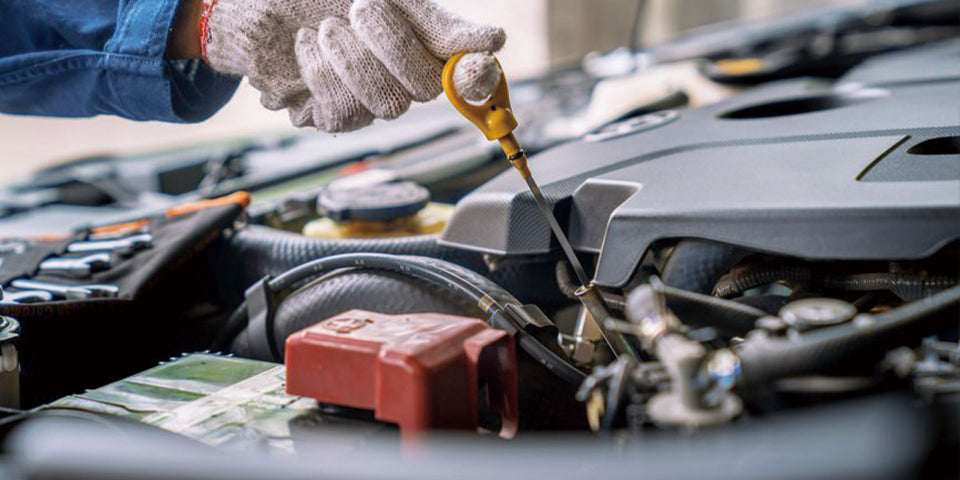
Check your car's mechanical and safety systems to save you from any unfortunate accidents. Here are some car checks to make sure your vehicle is ready for summer travel.
1. Check tires and tire pressure
Check all tires (and the spare if you have one), mainly for cuts, chisel marks, and tread depth. We have written an article on how to check tire tread depth.
Check the tire pressure after the car has idled and the tires have cooled. Find the manufacturer's recommended pressure according to your car model and inflate the tires. Remember not to over-inflate or under-inflate the tires as the heat of the road can affect them.
2. Check the air conditioning system
Although not a critical part of your vehicle, air conditioning is essential in the summer. Simply turn on the air conditioner and see if it blows cold air. If it blows warm air or does not cool well, then you need to have the air conditioning system serviced.
If it's because of a refrigerant leak, you may choose to purchase a good quality manifold gauge kit to recharge it. Just check Orion Motor Tech for more information. In another article we detail how you should use this tool. If you don't have a professional tool, we recommend that you seek the help of a mechanic at a repair facility.
3. Check the cooling system
The car's air conditioning system keeps us cool, and the vehicle needs a cooling system to keep it cool as well. The water pump circulates coolant around the engine to trap the vehicle's heat, which is then sent to the radiator for cooling.
These systems include components such as radiators, water pumps, thermostats, cooling fans, coolant, intercoolers, water temperature sensors, thermal switches and exhaust gas recirculation (EGR) valves. Especially in hot conditions like summer, it is important to ensure that your car's cooling system is functioning properly. Otherwise you may have to take your summer trip on the road.
4. Check the condition of your car's battery
Most batteries will fail or show signs of failure in higher temperatures. Without the battery, your car will not start, so it is best to check the condition of the battery regularly.
Mechanics have the tools they need to check if the battery is good, but most people can complete the initial check with a simple observation. Watch for any signs of corrosion or fluid loss (if the battery cover is removable). Always wear rubber gloves and goggles to avoid contact with corrosive materials or battery acid.
5. Check that the wipers are working properly
Over time, rubber wiper blades will naturally deteriorate. And hot summer air can dry out or even break wipers, rendering them ineffective.
Getting caught in a summer storm while driving can be jarring and stressful. If you can't see through your windshield, the situation can get worse. Cleaning your wipers regularly with a damp cloth will help them continue to work properly while you're on the road.
6. Replenish emergency kit supplies
Although not related to car maintenance, we recommend keeping a well-stocked emergency kit in your vehicle. Include a flashlight and extra fresh batteries, first aid supplies, drinking water, non-perishable snacks for people and pets, car battery booster cables, emergency flares or reflectors, a rain poncho, and a basic tool kit.
Even with all the preparations, you may encounter problems such as poor road conditions that make it impossible to continue driving the car, and this is where an emergency kit can put you in a good position to deal with the unexpected.
A quick routine check-up before the hot summer months will keep your car performing strong, no matter what the weather. You can't avoid all the sudden and unexpected inconveniences that come with a vacation, but with all of the above checks, you can go a long way to ensuring that you and your family have a safe and stress-free summer trip.
FAQ (Frequently Asked Questions)
Q1: How often should I check my tire pressure?
A: Check your tire pressure at least once a month, and always check it on the day before a long trip to avoid uneven tire wear or blowouts caused by low pressure.
Q2: Why should I check the coolant?
A: High summer temperatures can cause the engine to overheat. Low coolant levels may lead to engine damage, so regularly check and maintain the coolant level.
Q3: What does air conditioning maintenance include?
A: It involves replacing the cabin air filter, checking and refilling refrigerant, and ensuring the air ducts are clean to keep the cabin cool during summer drives.
Q4: What should I be aware of regarding the battery in summer?
A: High heat and air conditioning use increase battery load. Check battery terminals for corrosion, ensure tight connections, and monitor battery charge. Replace the battery in advance if necessary.
Q5: Is it illegal to drive with broken car lights? How can I check them?
A: Driving with faulty lights is dangerous and may be illegal. Regularly inspect all lights (headlights, brake lights, turn signals) to ensure they are working properly for safe driving.
Q6: What summer car maintenance can I do myself?
A: Common tasks include checking tire pressure, cleaning wiper blades, and checking coolant and oil levels. For complex or safety-related maintenance, it is best to consult a professional technician.


